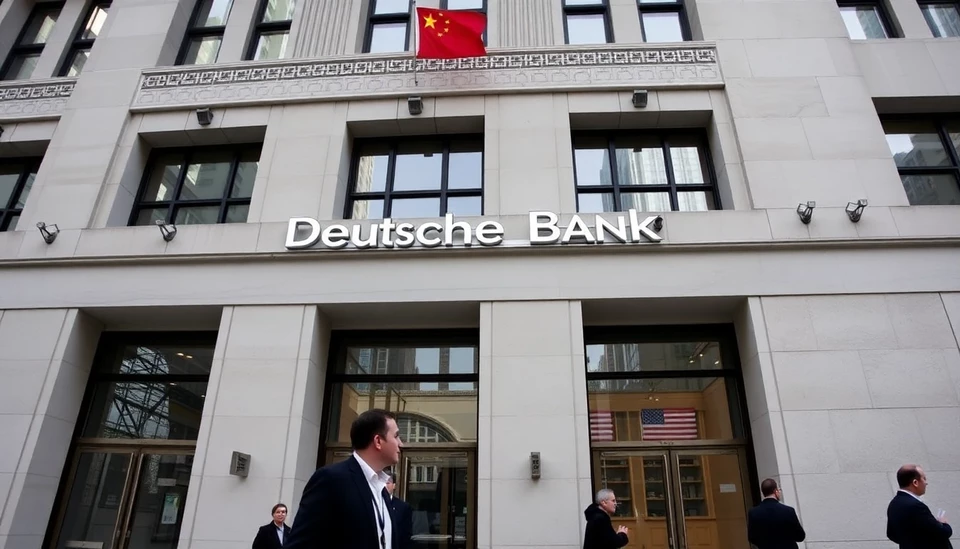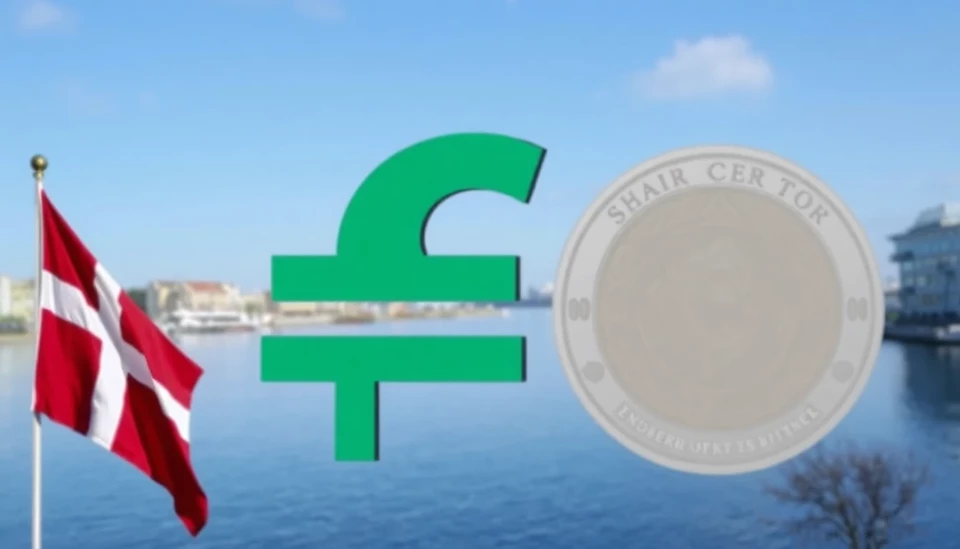
The European Union (EU) has announced significant adjustments to its regulatory framework for importers, as the bloc prepares for the upcoming enforcement of its deforestation law. This proactive measure aims to alleviate the impact of stringent regulations on various industries, particularly those reliant on imported goods linked to deforestation.
The forthcoming deforestation law, scheduled to take full effect in 2025, mandates that imports of specific commodities—including palm oil, cocoa, and coffee—be certified as free from deforestation. This legislation is part of the EU's broader initiative to combat global deforestation and protect vital ecosystems while promoting sustainable sourcing practices. However, industry stakeholders have expressed concerns regarding the potential burden these regulations may impose, necessitating a reevaluation of import processes.
To address these issues, EU officials have implemented temporary measures intended to streamline the importation process. These adjustments include reduced documentation requirements and extended transition periods for compliance, aimed at easing the burdens on businesses and facilitating a smoother transition to compliance with the new standards.
Not only will these amendments expedite the import process, but they will also aim to provide businesses with the necessary time and resources to adapt their supply chains accordingly. The goal is to minimize disruption while ensuring that companies adhere to the upcoming regulations designed to protect forests globally.
Industry representatives have largely welcomed the EU's decision, viewing it as a necessary step toward balancing environmental goals with economic realities. Many have historically relied on complex supply chains that intersect with vulnerable ecosystems, making immediate compliance challenging. The new measures are expected to support both sustainability efforts and the economic viability of businesses within the EU market.
This move reflects the EU’s commitment to sustainability while recognizing the challenges faced by importers. With the deforestation law set to have far-reaching implications, the easing of red tape is a crucial element in ensuring that the implementation does not overwhelm businesses and disrupt markets.
As the EU grows increasingly vigilant about environmental stewardship, this legislative approach serves as an example of how regional regulations can evolve in response to both environmental imperatives and economic considerations. Going forward, the EU will continue to navigate the complex interplay between trade and sustainability as it seeks to lead the way in global efforts to combat deforestation.
In conclusion, the EU's decision to simplify import regulations before the deforestation law takes effect is a vital step in fostering compliance while supporting businesses. As the law's rollout approaches, ongoing dialogue between regulators and industry leaders will be essential to achieving a successful balance between economic activity and environmental protection.
#EU #DeforestationLaw #ImportRegulations #Sustainability #EnvironmentalProtection #Trade #BusinessCompliance #EUTraffic #GreenInitiatives
Author: Megan Clarke




